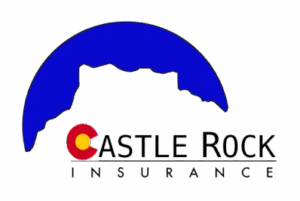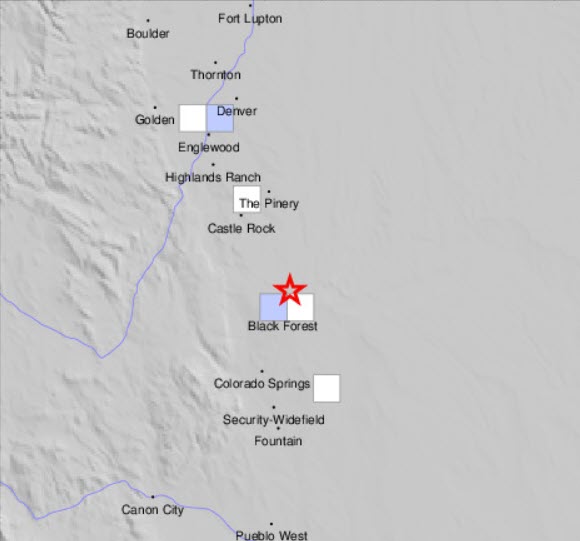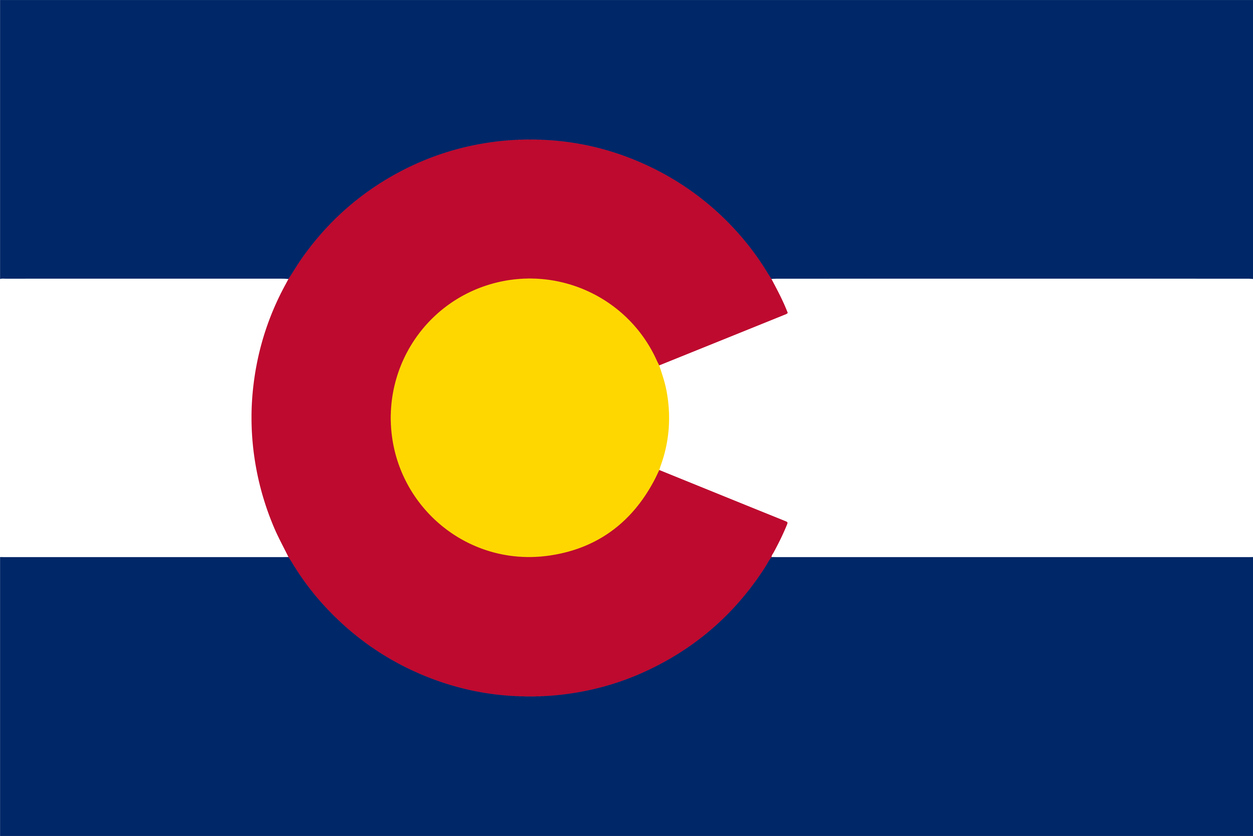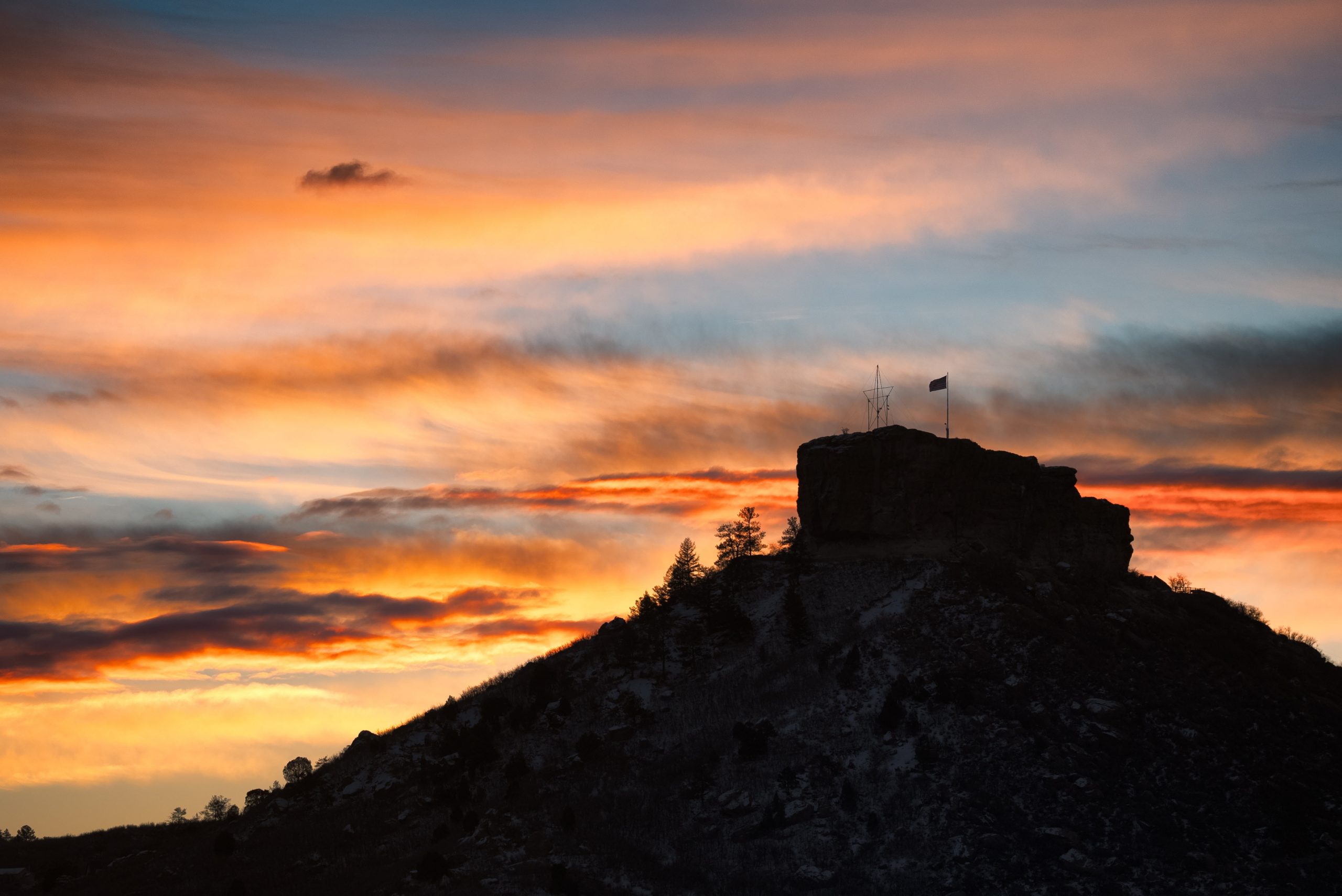On October 17, 2025, a small earthquake shook parts of Colorado. The United States Geological Survey (USGS) confirmed a magnitude 3.0 quake with an epicenter about eight miles southwest of Elbert, just east of Castle Rock. It struck at a depth of roughly seven kilometers and was felt across parts of Douglas and Elbert counties. Although it caused no damage, many residents reported hearing a quick rumble and feeling a light jolt. It was a brief reminder that even Colorado can move once in a while.
Wait a Minute….Earthquakes Happen in Colorado?
Yes, they do. While Colorado is not famous for frequent or powerful earthquakes, small tremors happen every year. The recent quake near Castle Rock is one of several mild events that occur across the state. These quakes are caused by natural shifts along ancient fault lines buried deep beneath the Rocky Mountains. Over long periods, underground stress builds as rock layers adjust and move within the earth’s crust. When that pressure is suddenly released, it produces shaking that can be felt at the surface.
Colorado sits in the center of the North American Plate, far from the plate boundaries that cause most of the world’s major quakes. However, the state has many old faults left over from when the Rocky Mountains formed millions of years ago. Some of these faults still respond to slow movements underground, creating mild earthquakes from time to time. In a few areas, human activity such as deep wastewater injection has also been linked to small, localized quakes. These factors make Colorado a low-risk but still active seismic region where occasional shaking is entirely possible.
The Largest Earthquake in Colorado History
The strongest earthquake ever recorded in Colorado occurred near Fort Collins on November 7, 1882. Scientists estimate it reached a magnitude of about 6.6, which made it powerful enough to be felt across several neighboring states. The shaking caused cracked walls, broken windows, and toppled chimneys in towns like Fort Collins, Greeley, and Boulder. In Denver, residents reported being jolted awake as buildings rattled and pieces of plaster fell from ceilings. The tremor’s effects were felt as far away as Salt Lake City and even parts of Kansas City.
This event happened long before modern seismic instruments were invented, so researchers have studied its impacts through historical records and reports. Even without detailed measurements, it remains one of the strongest inland earthquakes ever documented in the central United States. While Colorado has not experienced anything close to that magnitude since, the 1882 quake is a reminder that significant seismic activity is possible—even in places that feel far from major fault zones.
Does Homeowners Insurance Cover Earthquakes?
Most standard homeowners insurance policies in Colorado do not cover damage caused by earthquakes. Losses from ground movement, including shaking, settling, or cracking from seismic activity, are typically excluded from regular home insurance. To protect against those risks, you would need to add earthquake coverage as an endorsement or purchase a separate earthquake policy.
Earthquake insurance can help pay for repairs to your home’s structure and foundation, and may also cover damaged personal belongings or the cost of temporary housing if your home becomes unsafe to live in. Every policy is different, so Colorado homeowners should take time to review their coverage with an insurance agent to understand what’s included, what’s excluded, and what deductible applies in the event of a quake.
Should You Get Earthquake Insurance?
Even though large earthquakes are rare in Colorado, getting coverage can still make sense for many homeowners. Here are a few important points to consider:
- Location and soil: Homes built on soft or loose soil are more likely to feel shaking than those built on solid rock.
- Construction and age: Older homes or those made with brick, stone, or other rigid materials may experience more damage during a quake.
- Financial comfort: Repairs to cracked foundations or damaged walls can be costly. Earthquake insurance can help reduce those out-of-pocket expenses.
- Peace of mind: Some homeowners choose to add earthquake coverage simply to feel more secure about protecting their investment.
If your home would be difficult to repair or replace after a strong shake—or if you just want extra security—adding earthquake coverage could be a smart choice. An insurance agent can help you understand your options and estimate the potential cost of coverage in your area.
Reach Out to Us Today If You Have Questions
If you have questions about earthquake coverage or your current homeowners policy, reach out to us anytime. It’s always a good idea to review your existing policy and consider getting a new homeowners quote to make sure your coverage fits your needs.





